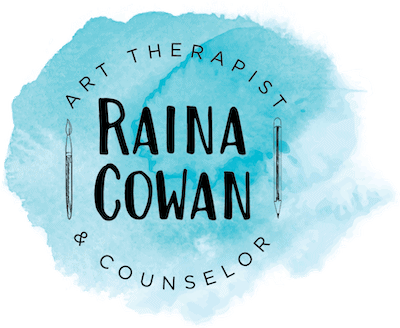A Well-Seasoned Therapist
7-27-23
This is a piece about being a “seasoned” (aka: older) therapist. I wrote this a week or so ago, before I saw the sad news yesterday that the phenomenal, one and only badass singer Sinéad O’Connor had died. I am gutted. I still have her albums (yes, Vinyl) that I played on repeat. She was just 56 years old. My same age. I wasn’t going to say my age here, preferring to omit it, not because “a lady never tells” (which is utter BS, and a sentiment I like to think Sinéad would’ve stomped her combat boots on) but more so because it just didn’t seem necessary to share. Now I can’t stop thinking about Sinéad, and what it would be like to go out now, when there is so much more living and loving to do. I think Sinéad lived a lot in her 56 years. She certainly had more than her “fair” share of trauma and loss. I wish I could thank her for being light years ahead on speaking out about sexual abuse, police brutality and racism; and for being brave enough to write and record a song about miscarriage. Even when she wasn’t actively using her voice, she was speaking out: when she showed up at the 1989 Grammy awards with the Public Enemy logo on the side of her beautiful shaved head. When she put a memorial photo of Colin Roach, who was shot inside a UK Police Station on the album sleeve of “I Do Not Want What I Haven’t Got”. There are many more examples, and of course most people know the most well-known involving the pope.
I wish Sinéad could still be here, making more music, and standing up for her beliefs, and for others. My heart aches for her children, family and and other loved ones. I can’t help but wonder if aging had anything to do with her demise. Sinéad said this about aging:
I don’t know if it’s different for men than it is for women but for women that are older, the truth is you do go through a massive grief about the loss of your looks…At the same time, I love it because my most admired person growing up was my grandmother and I have never in my life wanted anything more than to be just like my grandmother. (https://www.smh.com.au/entertainment/music/sinead-oconnor-on-sex-madness-and-ageing-20140916-10hh6r.html)
A friend once said to me “You are in one of the few professions where age might be an advantage”. Yes and no. Yes some clients seek out and value an “older” therapist. It appears there is a market here for sage wisdom. The term “seasoned therapist” makes me feel like I’ve been sprinkled with “everything bagel”, but I’ll take it because it’s a moniker of value. It acknowledges the 25 some years I’ve been in the field. Some people don’t think much about it, focusing more on whether there’s a connection that allows them to feel seen, heard and understood. Too great of a generation gap and perhaps they might not get that feeling. Other people specifically want therapists of their same demographic, whether that be age group, sex, gender, gender identity, sexual orientation, race, religion, ability or other. Sometimes this is crucial, and other times it’s not. But this piece is about age and ageism, specifically as it applies to women of all types.
I am well aware of aging, and trying to embrace it as best I can. What are the choices? I wonder if some of the obsession with being young is about wanting to recapture the privileges of youth (for those that had them): less responsibilities, more fun, less aches and pains, etc etc. But I also wonder if some of us may be viewing our youth through rose-colored glasses? Were we really that happy and carefree? Are we filtering out the struggles of youth?
Female identifying therapists are not immune to the expectations that western society places on their personal appearance. I myself have not updated my headshots in quite some time. I wonder if I will “attract” the same amount and type of clients if I look older than I did 5 plus years ago? I have not tried fillers or Botox or any other in-office anti-aging treatments (I wouldn’t exactly turn down any freebies, but I’d rather spend my money elsewhere). I can certainly understand why people, especially womyn, might want to enhance their appearance, in a culture that places such undue pressure on us to remain ever youthful. But I also think we can challenge the narratives on aging. As actor Tracee Ellis Ross says:
I don’t understand the obsession with anti-aging. I think it is an honor to age, and so many people shy away from it and don’t want to tell their age. I love getting older. I look at women who are steps ahead of me and see so much beauty and wisdom in them. This obsession with youth that we have in our world is confusing to me because I wouldn’t go back if you paid me. There’s nothing wrong with being young. It’s beautiful. There are so many wonderful parts of that. But trying to stay that way, I just never understood. If we would let go of that, people could really just revel in how much deeper and more beautiful people get as they get older.
(https://www.glamour.com/story/tracee-ellis-ross-beauty-questions)
In the same vein, I’ve been trying to focus on feeling grateful for all the different ages and stages I’ve lived through. As a therapist, awareness of developmental life stages is key. My life stages and experiences have made me who I am, and influence my work. I’m focusing on mindfulness: trying to enjoy the present as much as possible before it becomes the past. We are all aging, and despite the hardships of life and living, and the nostalgia of our youth, aging is a preferable alternative to not aging. Why try to hide the evidence of life lived?





 rainacowanarttherapist.com
rainacowanarttherapist.com